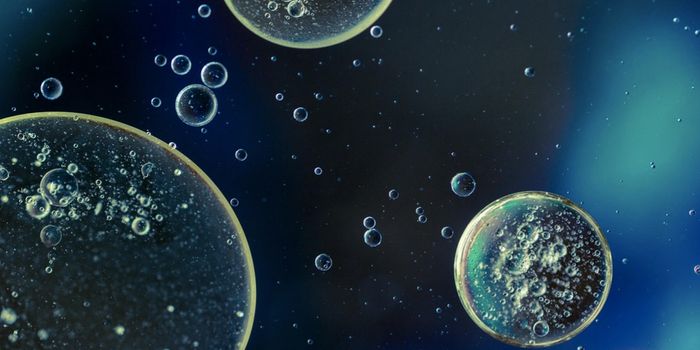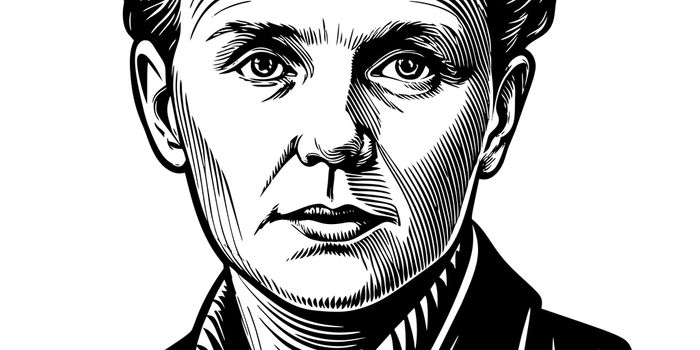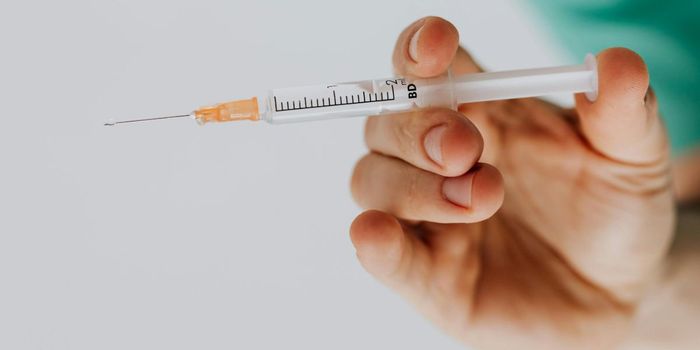THC and Single Joint Linked to Temporary Psychiatric Symptoms
A new analysis of cannabis health risks and benefits reinforces the complexity of this drug, proving that health and risk factors depend on the active compounds involved.
This analysis, which reviewed existing research, identified that a single dose of the psychoactive ingredient (THC) in cannabis, equivalent to the amount of THC in one joint, could induce psychiatric symptoms in healthy adults. Research verified that daily use, as well as one time use of high-potency cannabis, could increase the risk of symptoms of a psychotic disorder, like those associated with schizophrenia.
"The first takeaway is that for people, in general, there is a risk, even if you are healthy and taking a single dose, a one-off, you could have these symptoms," said Oliver Howes, a senior author on the study and molecular psychiatry professor at King's College London's Institute of Psychiatry, Psychology & Neuroscience.
Howes assures that these side effects, which include paranoia and hallucinations, could potentially affect individuals even if they have no history of mental illness.
Photo Source: Pixabay.com
The analysis found no evidence that cannabidiol (CBD), a non-psychoactive compound in marijuana, has the potential to induce these symptoms. However, Howes notes that there is limited research to date.
These similar compounds are both found in cannabis, but they do not have the same effect on the human body. "As the THC-to-CBD ratio of street cannabis continues to increase, it is important to clarify whether these compounds can cause psychotic symptoms," states Howes. This is especially important as states legalize the recreational use of both THC and CBD products.
"People who use cannabis recreationally should continue to be careful when using the drug because of the potential harm to mental health which can be associated with the drug," explains Dr. Michael Bloomfield, head of the Translational Psychiatry Research Group at University College London. Bloomfield was not associated with this particular study.
Sources: CNN









